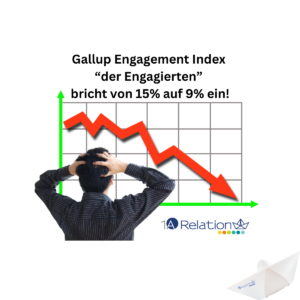I’m sure you’re also familiar with the wide variety of cookie notices you’re confronted with on a daily basis.
Here are a few examples:
- BMW is on the road with a reduced solution (note on cookies –> continue).
- Bosch distinguishes between technical and non-technical cookies.
- Daimler actively asks for an opt-in for Google marketing products.
But what is correct now? Which hints are high or low risk?
This turmoil and uncertainty around the topic of cookie notices over the past few months has led the Data Protection Conference to address it. The result: a 15-page guidance document.
Briefly on the course of the “cookie notices” discussion since last year and an initial assessment of the guidance:
Until April 2018, numerous lawyers had assumed that the Art. 6 para. 1 lit. f DSGVO Legitimate Interest could legitimize many tracking – and targeting tools. So an opt-in would not have to be obtained for this. However, shortly before the introduction of the GDPR, a statement of the Data Protection Conference (DSK) was then published on April 26, 2018. In it, the DSK announced that all tracking tools that make the behavior of data subjects on the Internet traceable and/or create user profiles would always require an opt-in.
This general assumption has now been corrected and concretized.
According to this, usage data of website visitors can also be processed on the basis of legitimate interests.
Prerequisites for this:
- Processing to protect the legitimate interests of the website operator is necessary.
- The interests and fundamental rights and freedoms of the users do not outweigh these.
In his article, attorney Dr. Carsten Ulbricht has intensively read and evaluated the guidance newly issued by the Data Protection Conference. Above all, the topic of legitimate interest now (again) takes on greater significance and may replace one or the other third-party cookie opt-in.
His final tip:
“Due to the considerable importance of the use of cookies, further developments, including the e-Privacy Regulation currently still in the legislative process but probably not expected until 2020, should continue to be monitored.”
—
Would you like to benefit from information, analyses and comments on software products as well as events concerning CRM and DSGVO free of charge twice a month in the future? Then register right here!
Note: This is a machine translation. It is neither 100% complete or 100% correct. We can therefore not guarantee the result.












